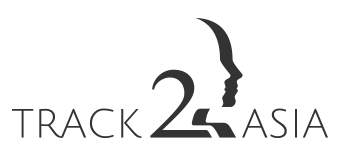Offsetting the North Korean strategic challenge
With North Korea having steadily increased its nuclear and conventional security capabilities over the course of recent months, the speakers explore practical options for lowering tensions on the Korean peninsula. They consider how best to re-engage diplomatically with North Korea, including the role of key actors such as the US, South Korea, Japan, and European states, in advancing a constructive resolution of current tensions. The discussion explores finding a balance between pressure and dialogue which is most likely to incentivise North Korea to limit its provocations, assess the risks of a possible seventh nuclear test, and consider the viability of multilateral cooperation in enhancing regional security in north-east Asia. This event forms part of the Korea Foundation Korea Fellowship, funded by the Korea Foundation and Taejae Academy.

